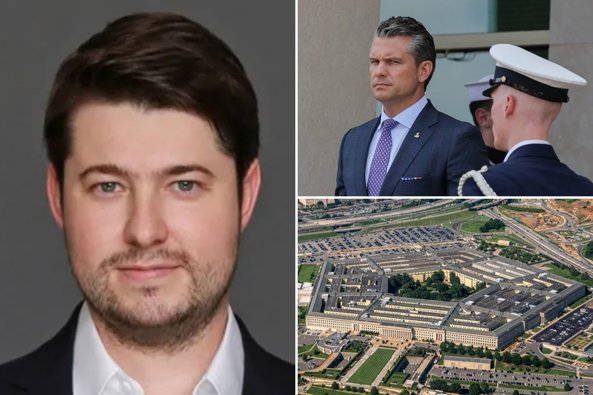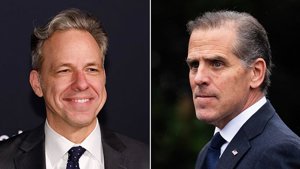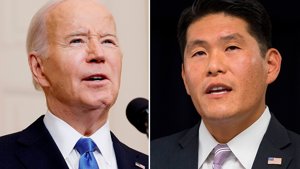
Hegseth Adviser Fulcher Resigns After Six Months
Justin Fulcher resigns as senior adviser to Defense Secretary Pete Hegseth after six months, citing planned service and praising department achievements.
Senior Pentagon Adviser Steps Down After Six-Month Tenure
Justin Fulcher, a top adviser to Defense Secretary Pete Hegseth, has officially resigned from the Department of Defense, concluding a six-month period marked by significant personnel and policy contributions. Fulcher’s departure, confirmed by both Fulcher and the Pentagon, comes at a time of ongoing change within Hegseth’s senior leadership team, though officials describe the moves as part of standard transitions for high-level government roles.
In a statement Thursday evening, Fulcher explained his decision as a personal one, emphasizing that he had always intended to serve half a year in government before moving on. He described the experience as “incredibly inspiring,” and underscored the “great work” achieved during his tenure for U.S. troops and national security.
“None of this could have happened without Secretary Hegseth’s decisive leadership or President Trump’s continued confidence in our team,” Fulcher wrote in a message posted to X, the social platform formerly known as Twitter. “I will continue to champion American warfighters in all future endeavors.”
Contributions to Defense Modernization and Indo-Pacific Engagement
During his time at the Pentagon, Fulcher served as a senior advisor on both personnel and policy issues, supporting a range of initiatives under Secretary Hegseth. He played a key role in reviewing and modernizing major defense acquisition programs, working to strengthen military lethality and the resilience of the U.S. industrial base. According to Fulcher, he helped accelerate software procurement timelines from years to months and oversaw improvements to critical information technology systems throughout the department.
Fulcher also highlighted his involvement in strategic defense diplomacy, accompanying Secretary Hegseth to high-level meetings across the Indo-Pacific, including the Shangri-La Dialogue in Singapore. He cited efforts that redirected nearly $50 billion from non-lethal budget lines into readiness and higher-impact defense programs as a major achievement. “This is just the beginning,” Fulcher said, reflecting on the department’s progress in revitalizing the warrior ethos and rebuilding U.S. military capacity.
Chief Pentagon spokesman Sean Parnell praised Fulcher’s work on behalf of both Secretary Hegseth and President Trump. “The Department of Defense is grateful to Justin Fulcher for his work,” Parnell stated, wishing him well in his next endeavors.
Fulcher joined the Pentagon earlier this year as part of Hegseth’s inner circle—a group of trusted advisers brought on after Hegseth assumed the role of Secretary of Defense in President Trump’s second term. At least six aides have reportedly departed Hegseth’s office since January, though defense officials maintain that such reshuffling is normal for high-stakes leadership environments.
Fulcher has not yet announced his next position but signaled his intention to remain involved in national security and defense circles, continuing his advocacy for U.S. warfighters beyond his Pentagon service.






